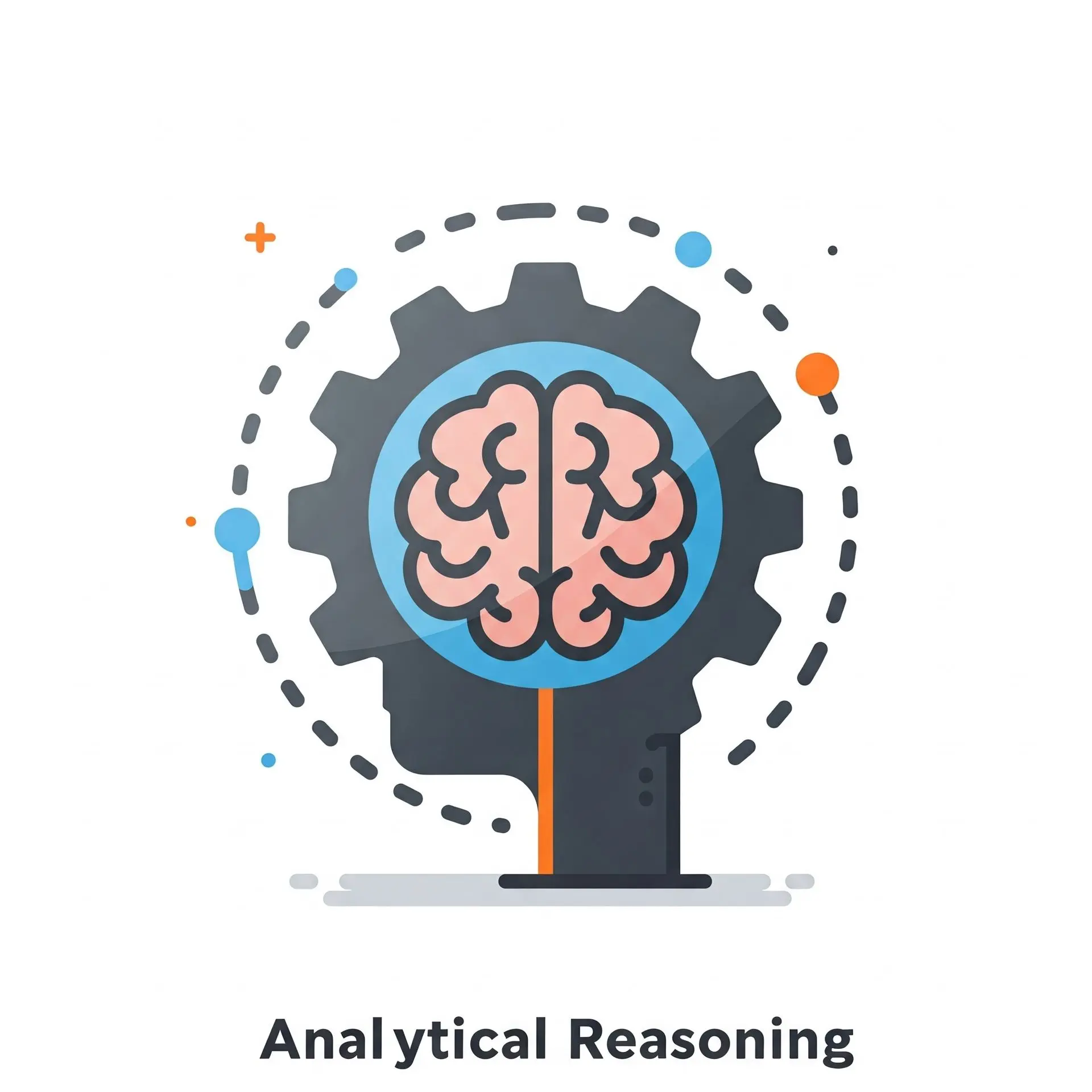GRE
The Graduate Record Examinations, or GRE, is a crucial standardized test for those aiming to pursue graduate-level studies. It's widely accepted by universities globally as a key component of their admissions process. The GRE aims to evaluate a candidate's readiness for graduate school by assessing core skills necessary for academic success.
The test is divided into three sections: Verbal Reasoning, Quantitative Reasoning, and Analytical Writing. The Verbal Reasoning section measures your ability to analyze and1 evaluate written material, understand relationships between words and concepts, and draw logical conclusions. The Quantitative Reasoning section assesses your problem-solving skills in areas like arithmetic, algebra, geometry, and data analysis. Finally, the Analytical Writing section evaluates your ability to articulate complex ideas, support arguments with evidence, and maintain a focused and coherent discussion.
The GRE is computer-based and provides scores that universities use to compare applicants from diverse backgrounds. A strong GRE score can significantly enhance your graduate school application, demonstrating your academic potential. Effective preparation is essential, and numerous resources are available, including practice tests, study guides, and online courses. Taking practice tests is highly recommended to become familiar with the test format and timing. Ultimately, the GRE is a tool that helps graduate schools make informed admissions decisions.
Everything you need to know
Differrent Sections in GRE

Verbal Reasoning
The GRE Verbal Reasoning section assesses your ability to analyze and evaluate written material, understand relationships between words and concepts, and draw logical conclusions. This section includes tasks like reading comprehension, sentence equivalence, and text completion.

Quantitative Reasoning
The GRE Quantitative Reasoning section measures your ability to solve problems using basic math concepts like arithmetic, algebra, geometry, and data analysis. It tests your ability to interpret and analyze quantitative data, solve problems using mathematical models, and apply reasoning to quantitative situations.

Analytical Reasoning
The GRE Analytical Writing section evaluates your ability to articulate complex ideas clearly and effectively, and to support arguments with relevant evidence. You'll be presented with an issue or argument and asked to analyze it critically and present your own reasoned perspective.